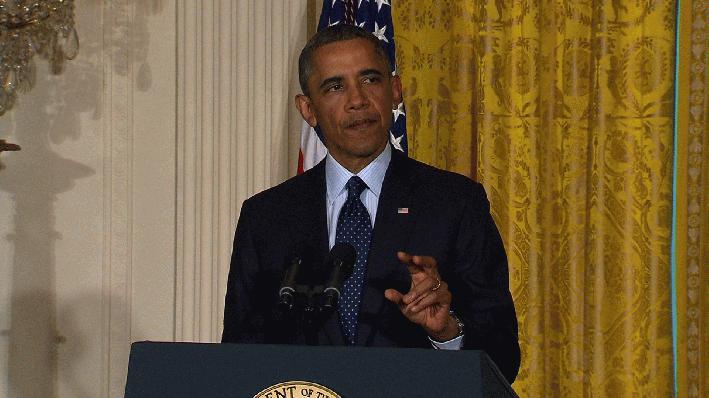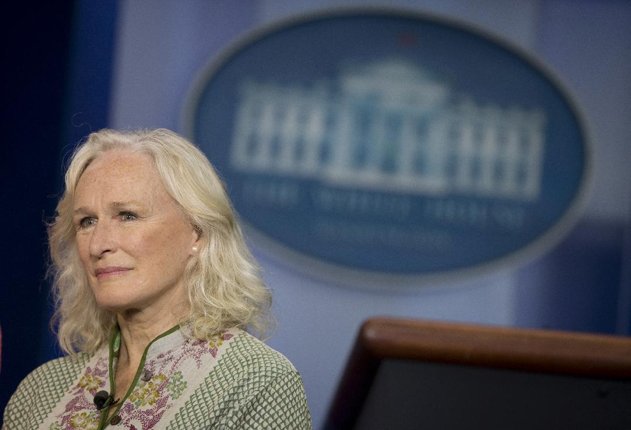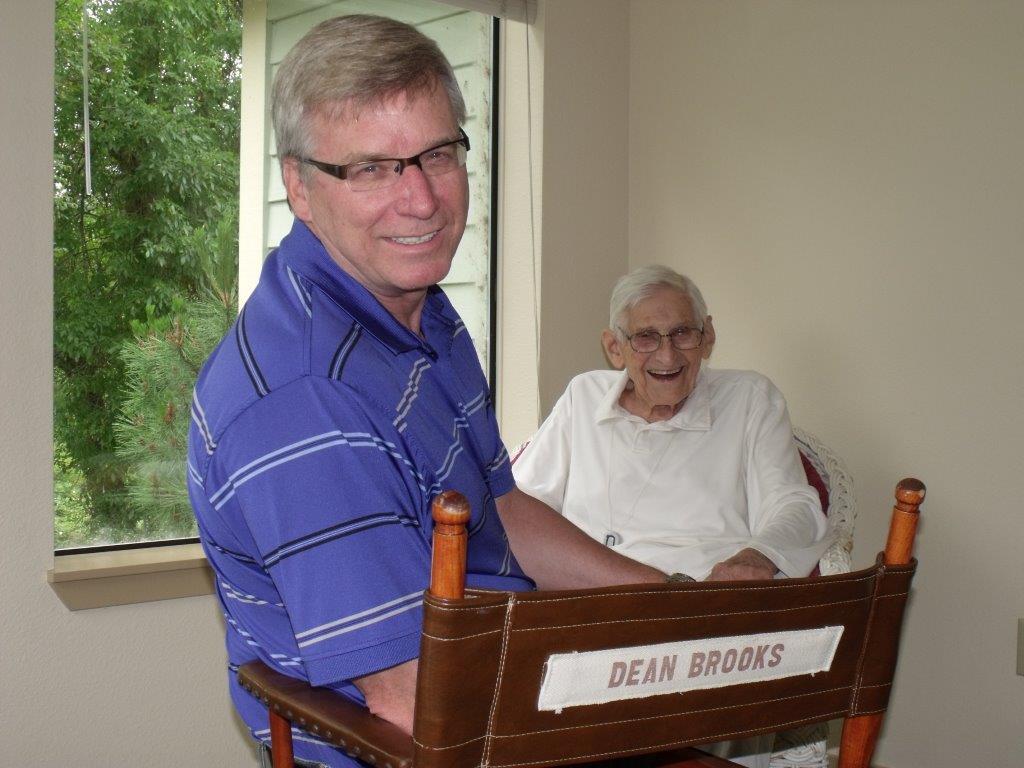
My friend and long-time National Alliance on Mental Illness advocate, Joanne Kelly, attended the White House summit and felt that my criticism this week was much too harsh. She kindly offered to share her views and specifics about what the conference accomplished. Thank you Joanne!
Obama: You are not alone. Recovery is possible. There is hope.
By Joanne Kelly
President Obama opened Monday’s National Conference on Mental Health with inspiring words for people with mental illnesses and their families. “Let people who are struggling in silence know: You are not alone. Recovery is possible. There is hope.”
He convinced me he understands the stigma problem. I am also convinced his words were not empty platitudes. He intends to do something about it, and the conference was a first step. A baby step, perhaps, but a step in the right direction.
The conference brought together people from across the country, including mental health advocates, educators, health care providers, faith leaders, government officials, and individuals with mental health problems, to discuss how we can work together to reduce stigma and help the millions of Americans with mental health challenges recognize the importance of reaching out for assistance.







